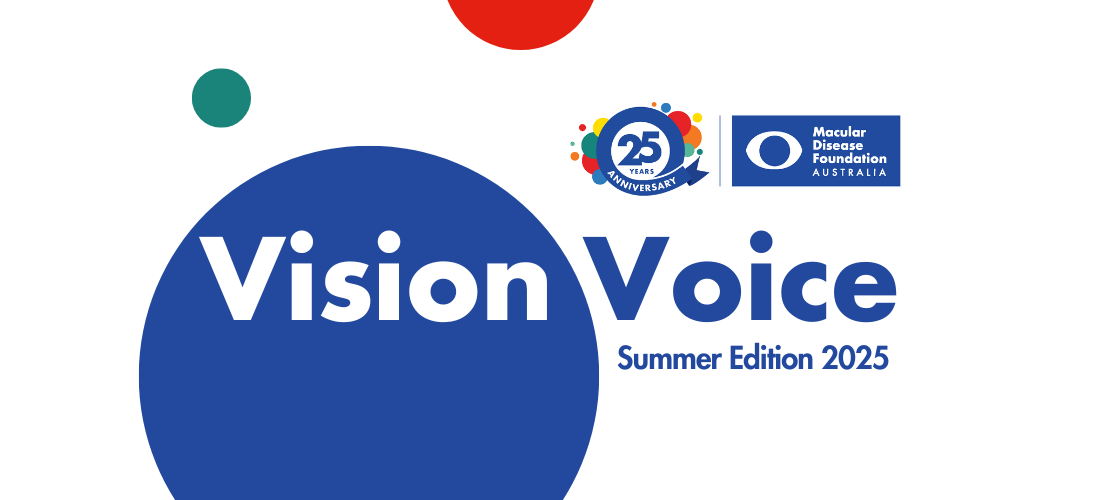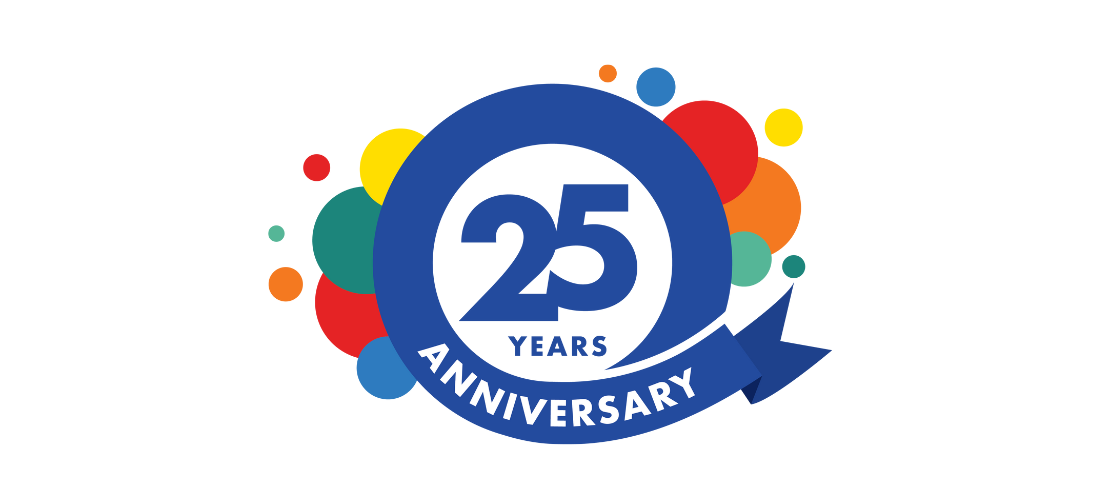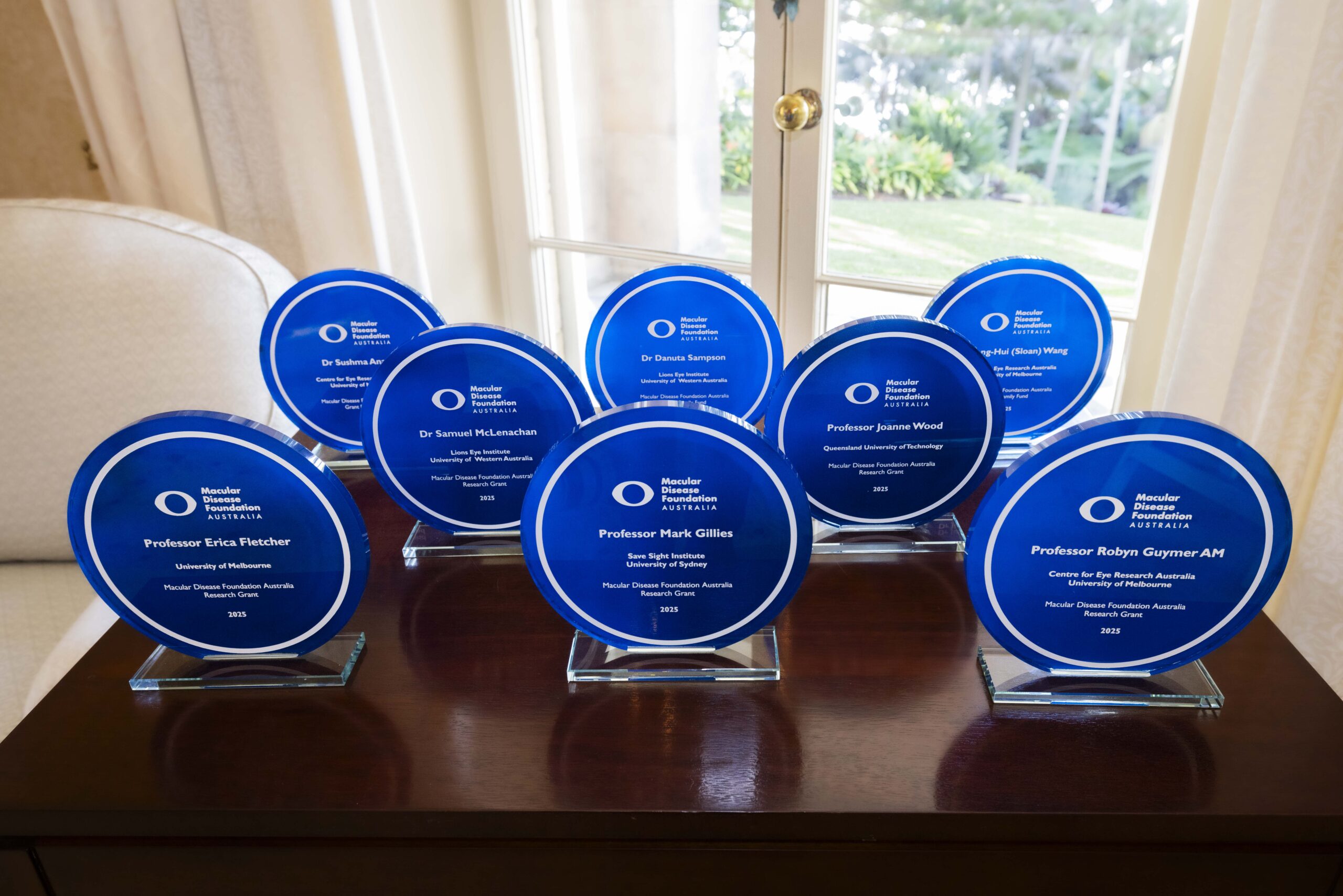Faricimab took one step closer towards clinics in Australia with news that the Pharmaceutical Benefits Advisory Committee (PBAC) recommended the product for reimbursement on the Pharmaceutical Benefits Scheme (PBS) for the treatment of neovascular age-related macular degeneration (nAMD) and diabetic macular oedema (DMO).1
The news follows announcements from the USA, UK, Canada and Japan where the product is now available for use.
Faricimab remains under review by the Therapeutic Goods Administration, which is considering data from four large phase 3 clinical trials – TENAYA and LUCERNE for nAMD2, and YOSEMITE and RHINE for DMO3 – and is anticipated to reach a decision in the coming months.
Findings from the four clinical trials indicate that patients may be able to extend the treatment interval to 12 weeks or beyond, potentially reducing treatment burden and increasing adherence and persistence.
Posted: 7 July 2022
References
1. https://www.pbs.gov.au/industry/listing/elements/pbac-meetings/pbac-outcomes/2022-05/May-2022-PBAC-Web-Outcomes.pdf
2. Heier et al. Efficacy, durability, and safety of intravitreal faricimab up to every 16 weeks for neovascular age-related macular degeneration (TENAYA and LUCERNE): two randomised, double-masked, phase 3, non-inferiority trials. Lancet 2022 epub. doi:10.1016/S0140-6736(22)00010-1
3. Wykoff et al. Efficacy, durability, and safety of intravitreal faricimab with extended dosing up to every 16 weeks in patients with diabetic macular oedema (YOSEMITE, RHINE): two randomised, double-masked, phase 3 trials. Lancet 2022 epub. doi: /10.1016/ S0140-6736(22)00018-6

















